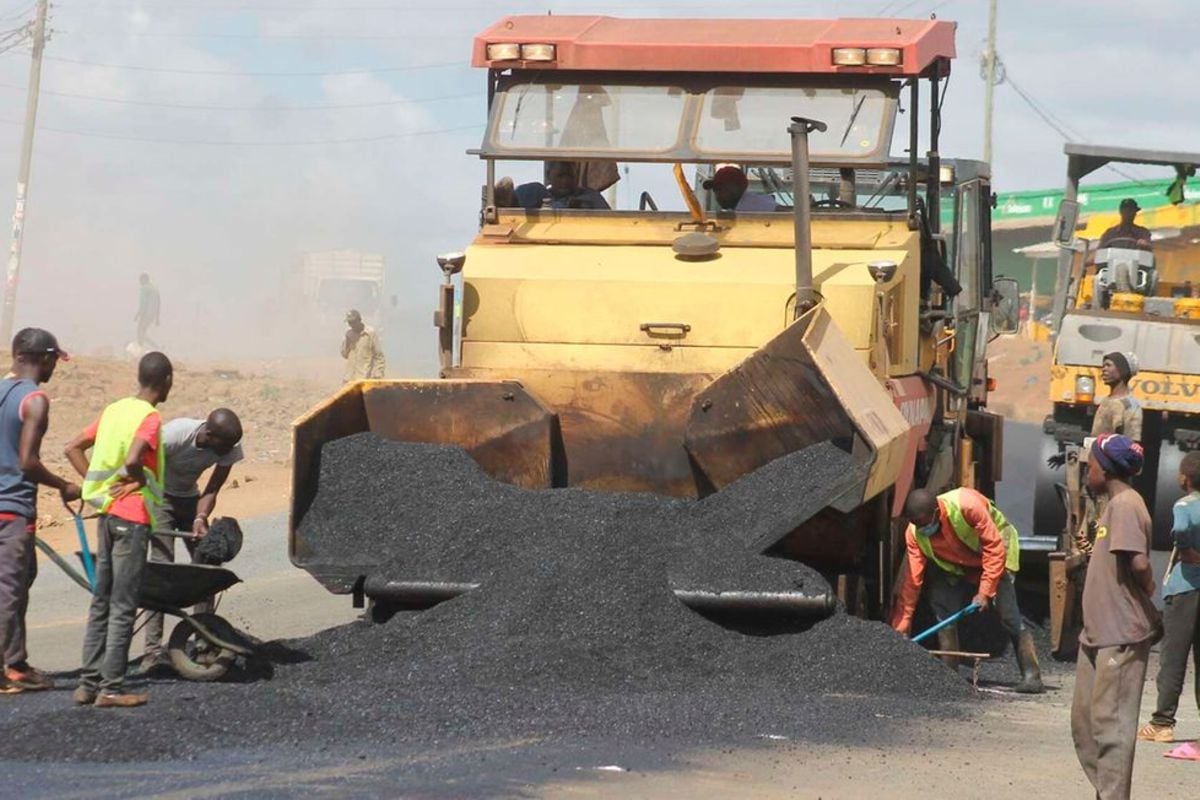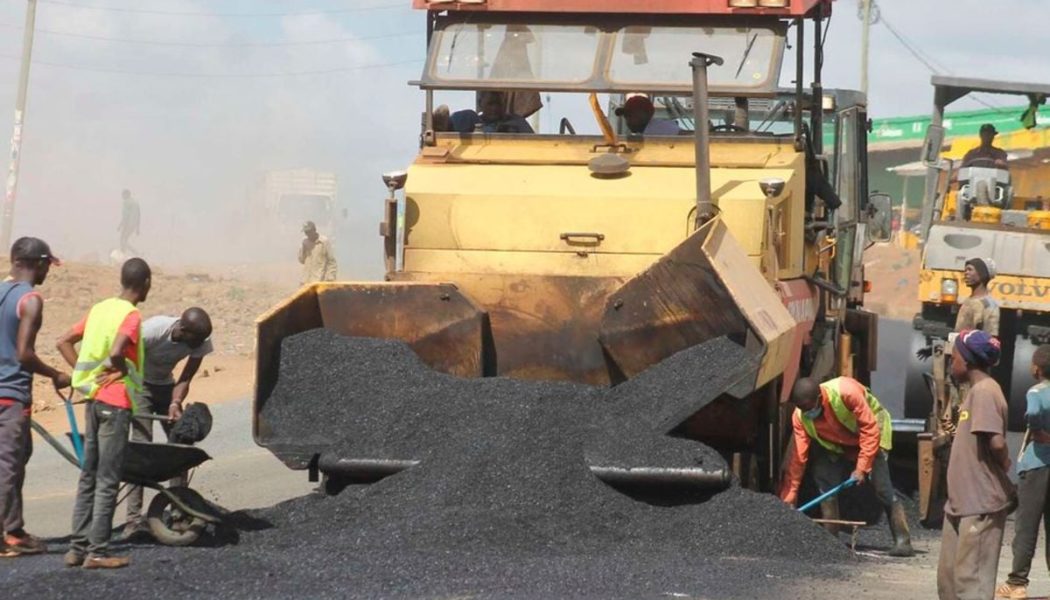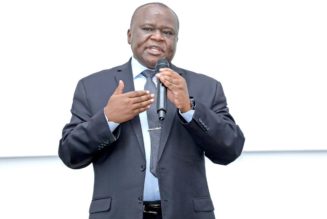
The Education, Energy and Roads ministries are the biggest casualties in the mini-budget that has drastically slashed spending in response to pressure on President William Ruto to implement austerity measures and curb wastage of public resources.
The Treasury has slashed teacher resource management, electricity distribution and road maintenance.
The Supplementary Budget 1 for 2024-25 tabled in Parliament shows that the Education ministry’s budget has been cut by Sh30 billion, Energy by Sh18.5 billion and Roads by Sh14 billion.
The budget cuts, which mainly affect development spending in various ministries, will reduce the current budget of Sh3.92 trillion by Sh156.4 billion.
The cuts are in line with Dr Ruto’s directive to the Treasury to prepare a Supplementary Budget to cut national government expenditure by Sh346 billion following the deadly anti-Finance Bill 2024 and anti-government protests led by young Kenyans of the Generation Zoomer (Gen Z).
In an address to the nation following the Gen Z protests, Dr Ruto ordered budget cuts on non-essential expenditure in his office, including travel, hospitality and the purchase of motor vehicles to curb wastage and plug a Sh346 billion hole caused by the now abandoned controversial Finance Bill 2024.
The Treasury has since slashed the budget for State House by Sh5.2 billion, the Executive Office of the President by Sh1.86 billion and the Office of the Deputy President by Sh2.2 billion.
“The gross approved estimates for the Executive Office of the President in the financial year 2024/25 amounts to Sh5.4 billion comprising Sh4.2 billion and Sh1.2 billion for current and capital expenditures respectively,” said the Treasury.
“The approved Estimates have been revised from Sh5.4 billion to Sh3.6 billion under the financial year 2024/25 Supplementary Estimates No.1, reflecting a decrease of Sh1.8 billion on account of rationalisation of expenditures.”
The State House budget has been cut from Sh9.5 billion to Sh4.3 billion, the Office of the President from Sh5.4 billion to Sh3.6 billion, while the Deputy President’s budget has been slashed by Sh2.2 billion or 49 per cent from Sh4.9 billion to Sh2.7 billion.
The budget for the office of the Cabinet Secretary was reduced from Sh1.14 billion to Sh720 million, a reduction of Sh420 million.
Of the Sh30 billion budget reduction in the Ministry of Education, the Teachers Service Commission lost Sh10 billion, Basic Education had a reduction of Sh14.9 billion and Higher Education had a reduction of Sh4.99 billion.
The reduction in the basic education budget includes primary education (Sh6.8 billion) and secondary education (Sh8 billion).
“The approved estimates for the Teachers Service Commission during the financial year 2024/25 have been adjusted from Sh358.2 billion to Sh347.9 billion under Supplementary Estimates No 1.
“This reflects a decrease of Sh10.3 billion and Sh47 million under current and capital expenditures respectively due to rationalisation of the budget,” the Treasury documents state.
At the Ministry of Energy, which lost a total of Sh18.5 billion, the Treasury cut Sh17.9 billion earmarked for power transmission and distribution and Sh529 million for power generation.
The Roads ministry lost Sh14 billion after its recurrent budget was slashed from Sh198.9 billion to Sh184.8 billion.
The Treasury lost Sh12.7 billion, of which Sh8 billion was earmarked for the Ministry of Finance and Sh4.7 billion for the Ministry of Economic Planning.
Other ministries facing massive budget cuts for the year ending June 2025 are Interior and Coordination of National Government (Sh8.6 billion), State Departments for Medical Services (Sh6.9 billion), Lands and Physical Planning (Sh5 billion), Irrigation (Sh3.7 billion), Wildlife (Sh3.7 billion), Transport (Sh3.3 billion) and TVET (Sh3.2 billion).
The National Police Service lost Sh2.7 billion, Blue Economy (Sh2.7 billion), Micro and Small Enterprises (Sh2.5 billion), Housing (Sh2.4 billion), ICT (Sh2.4 billion), Industry (Sh2 billion), Wildlife (Sh1.95 billion), Investments (Sh1.8 billion), Public Works (Sh1.2 billion), Correctional Services (Sh1.2 billion) and the Public Service (Sh1 billion).









